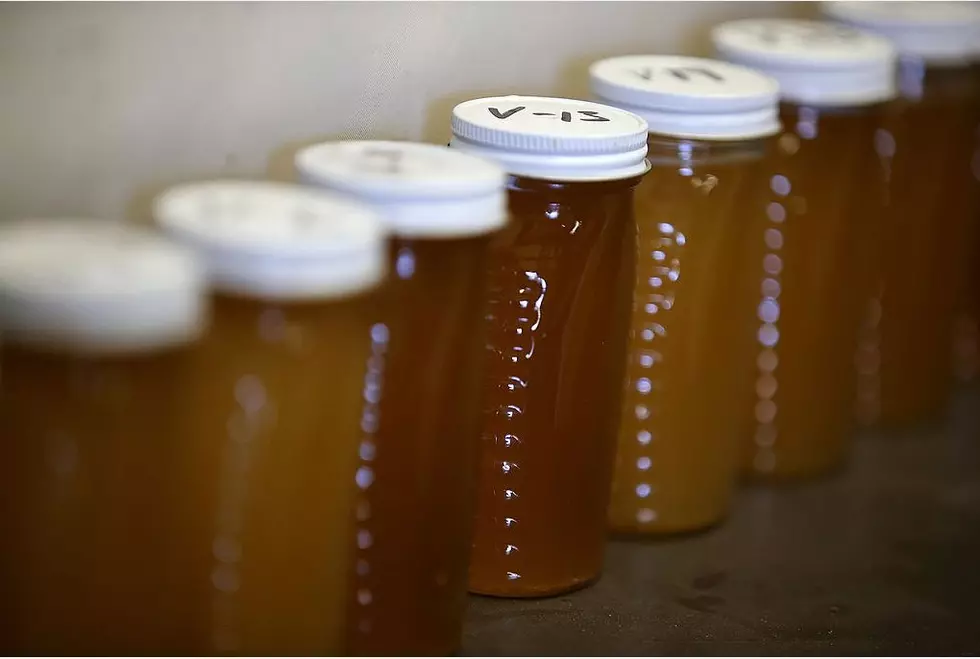
Can Honey Effectively Treat Skin Infections?
Honey is often present in cough drops, so its throat-soothing powers are assumed. But research published in Microbiology suggests it could also help fight serious skin infections, too.
The antibacterial properties of honey have been known for centuries — ancient civilizations even used it to treat wounds. And more recently, scientists at Cardiff Metropolitan University in Wales explored whether the sweet stuff is actually more effective than modern-day topical antibiotics.
After surgery or a skin injury, many otherwise harmless bacteria that live on the skin can end up infecting the wound, which in turn slows healing. But researchers found that honey — in particular, honey made from bees foraging on the manuka trees found in New Zealand and parts of Australia — is very effective against a particular kind of strep bacteria.
Lab tests showed a small amount of the honey killed off the majority of those bacterial cells. What’s more, it dramatically reduced the stubborn biofilms they formed.
“We found that honey reduced the expression of these bacterial surface proteins, inhibiting binding to human fibronectin, therefore making biofilm formation less likely,” explained lead researcher explained Dr. Sarah Maddocks in a press release. “This is a feasible mechanism by which manuka honey minimizes the initiation of acute wound infections and also the establishment of chronic infections.”
Since so many strains of bacteria these days are resistant to standard antibiotics, this research could be groundbreaking — especially for hospitals, where a lot of those bacterial infections thrive.





